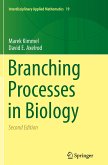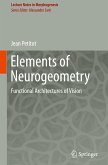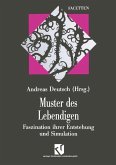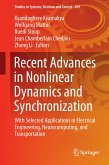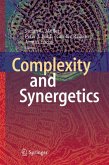This book contains two review articles on mathematical physiology that deal with closely related topics but were written and can be read independently.
The first article reviews the basic theory of calcium oscillations (common to almost all cell types), including spatio-temporal behaviors such as waves. The second article uses, and expands on, much of this basic theory to show how the interaction of cytosolic calcium oscillators with membrane ion channels can result in highly complex patterns of electrical spiking. Through these examples one can see clearly how multiple oscillatory processes interact within a cell, and how mathematical methods can be used to understand such interactions better. The two reviews provide excellent examples of how mathematics and physiology can learn from each other, and work jointly towards a better understanding of complex cellular processes.
Review 1: Richard Bertram, Joel Tabak, Wondimu Teka, Theodore Vo, Martin Wechselberger: Geometric Singular Perturbation Analysis of Bursting Oscillations in Pituitary Cells
Review 2: Vivien Kirk, James Sneyd: Nonlinear Dynamics of Calcium
The first article reviews the basic theory of calcium oscillations (common to almost all cell types), including spatio-temporal behaviors such as waves. The second article uses, and expands on, much of this basic theory to show how the interaction of cytosolic calcium oscillators with membrane ion channels can result in highly complex patterns of electrical spiking. Through these examples one can see clearly how multiple oscillatory processes interact within a cell, and how mathematical methods can be used to understand such interactions better. The two reviews provide excellent examples of how mathematics and physiology can learn from each other, and work jointly towards a better understanding of complex cellular processes.
Review 1: Richard Bertram, Joel Tabak, Wondimu Teka, Theodore Vo, Martin Wechselberger: Geometric Singular Perturbation Analysis of Bursting Oscillations in Pituitary Cells
Review 2: Vivien Kirk, James Sneyd: Nonlinear Dynamics of Calcium



